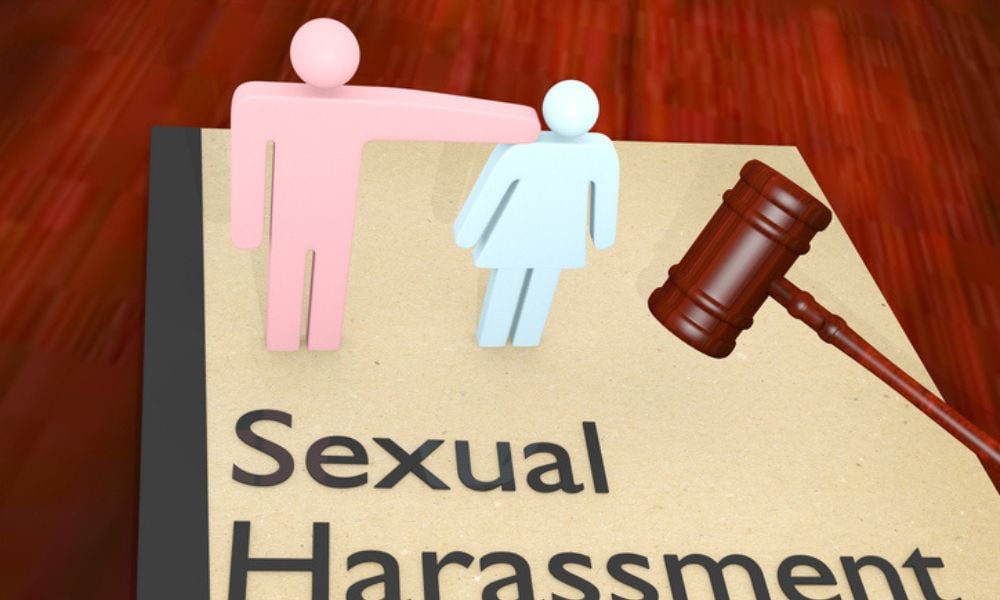
Amendments follow wave of #MeToo allegations, partly set off by Netflix show Wave Makers

Starting 2024, employers across Taiwan may face penalties of up to NT$1 million as the government expanded its law on sexual harassment in workplaces.
Under the amended law, employers who commit sexual harassment may be fined between NT$10,000 and NT$1 million, Taiwan News reported.
Civil compensation to the victim may also reach twice or thrice as high if the perpetrator is someone in a position of power, according to the report. If the offender is the company owner, compensation could be three to five times as high.
Organizations will also be required to carry out an internal investigation into any sexual harassment allegation, the report said.
The accused individual must be put on leave or transferred into another role until the investigation concludes. If proven true, the accused employee's contract must be terminated within 30 days, according to the report, which cited the law.
Employers will also be mandated notify the government of all cases of sexual harassment, with failure to address the complaints leading to fines between NT$20,000 and NT$1 million.
Meanwhile, the law also expands its scope to businesses with 10 to 29 employees, mandating them to set up mechanisms for reporting sexual harassment.
The amendments also extend the statute of limitations for sexual harassment to three years from the day the incident is known, or seven years from the day an incident occurs, Taiwan News reported.
Employees may appeal within one year of resignation from the company, according to the report, but the appeal may be rejected if more than 10 years have passed since the incident.
Taiwan News reported that the amendments will take effect on March 8, 2024, to give employers time to adjust to the new requirements.
The amendments follow a wave of #MeToo allegations across Taiwan, partly set off by the Netflix show "Wave Makers."
The accusations include the mishandling of Taiwan's ruling Democratic Progressive Party of an allegation made by a former employee against a film director, The Associated Press reported.
Four representatives from the ruling party previously stood up and bowed in unison in front of the media to express as a show of remorse for their mishandling of the case.